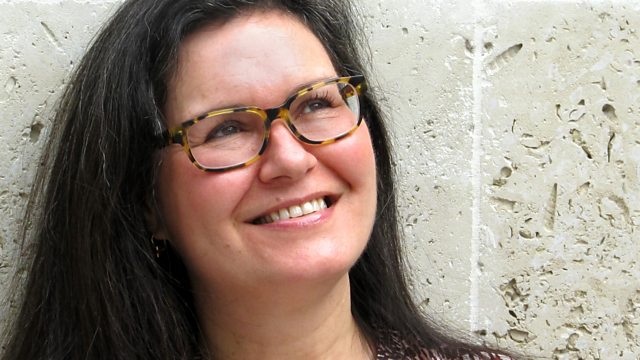Healthy Guts; Future High Speed Trading; Body Clocks and Colour; William Smith's Geology Map
Tracey Logan finds out how the gut bacteria of isolated communities shed light on diseases in the industrialised world, and she marks the bicentenary of the first geology map.
The Yanomami people are Amerindians thought to have been completely isolated since their ancestors arrived in South America after the last ice-age. Now a multinational team of scientists has more than made contact with them - it's persuaded them to donate samples of their faeces hoping to find good bacteria and useful genes that people living Western lifestyles are thought to have lost. Maria-Gloria Dominguez-Bello, a microbiologist at the New York University School of Medicine, explains how this could provide valuable insight into causes and treatment of escalating metabolic and inflammatory diseases in the western world.
With news this week of a British financier's arrest over alleged involvement in the Flash Crash of 2010, what are the pros and cons of the next new era of superfast computer-led trading? It's now set to happen even faster thanks to a higher speed, transatlantic communications cable that goes live this summer. Tracey Logan discusses new technological developments that get close to trading at the speed of light with science writer Mark Buchanan and hedge fund scientist Matthew Killeya.
It's thought that light and dark are the main factors influencing our body clock, but in new research published this week the blue colour of twilight could be the major factor that keeps our clocks entrained to the 24 hour world around us. Tim Brown of Manchester University discusses why it's quality rather than quantity of light that's important.
And there's a visit to the Geological Society in London to mark the 200th anniversary of the first geological map of England, Wales and Southern Scotland. It was compiled by the humble canal surveyor William Smith - but as geological historians Tom Sharp and Hugh Torrens reveal, Smith's ingenuity was to revolutionise mineral prospecting and help shape the scientific and economic development of Britain in the midst of industrialisation.
Producer Adrian Washbourne.
Last on
Broadcasts
- Thu 23 Apr 2015 16:30大象传媒 Radio 4 FM
- Thu 23 Apr 2015 21:00大象传媒 Radio 4 FM
Explore further with The Open University
Discover more fascinating science content with The Open University
Podcast
-
![]()
大象传媒 Inside Science
A weekly programme looking at the science that's changing our world.


